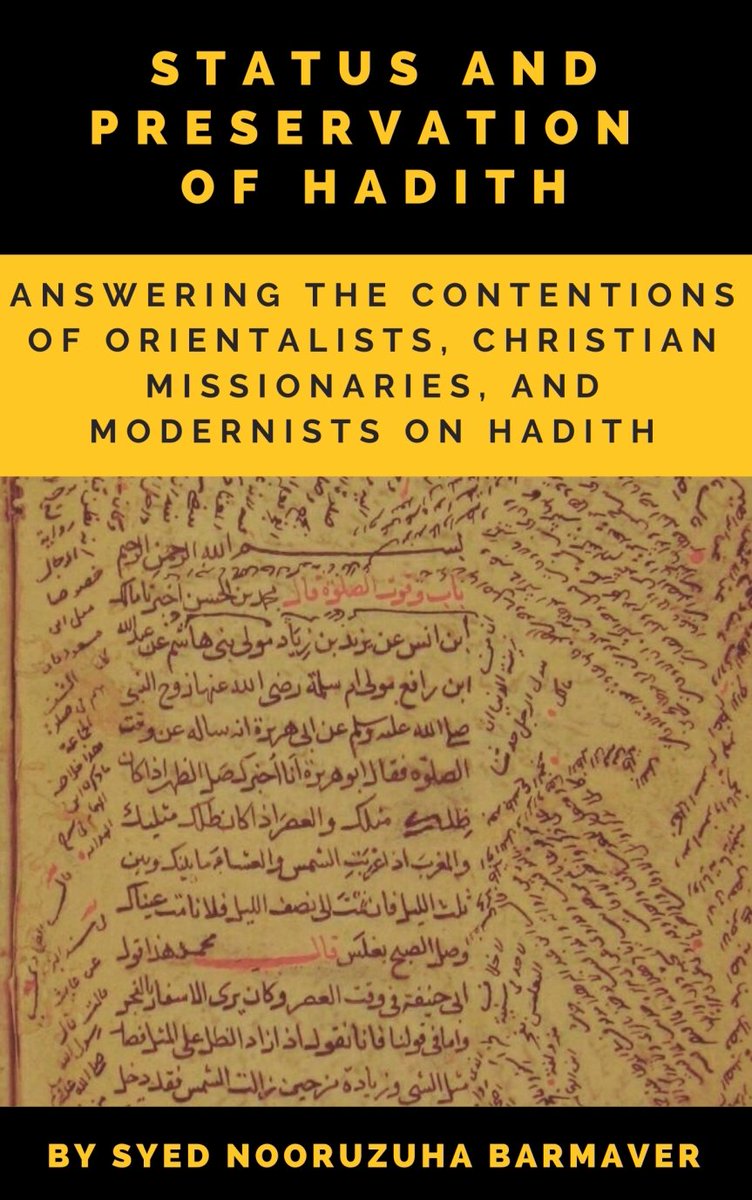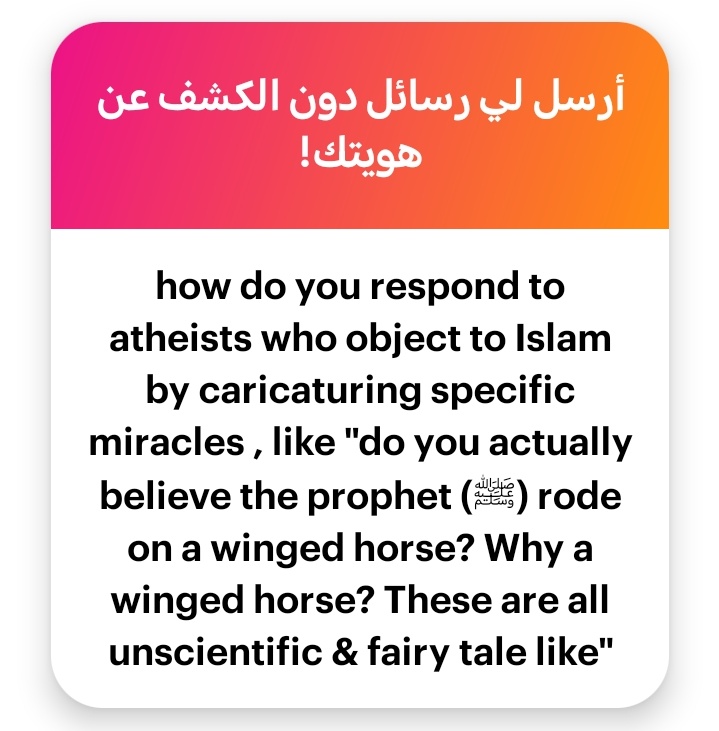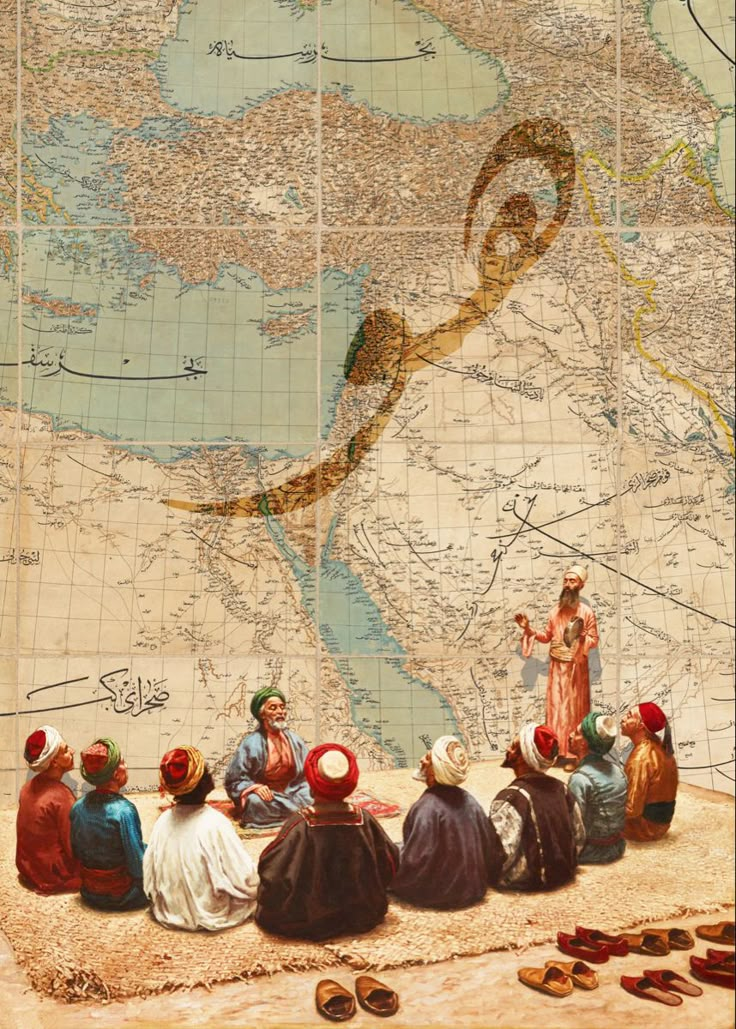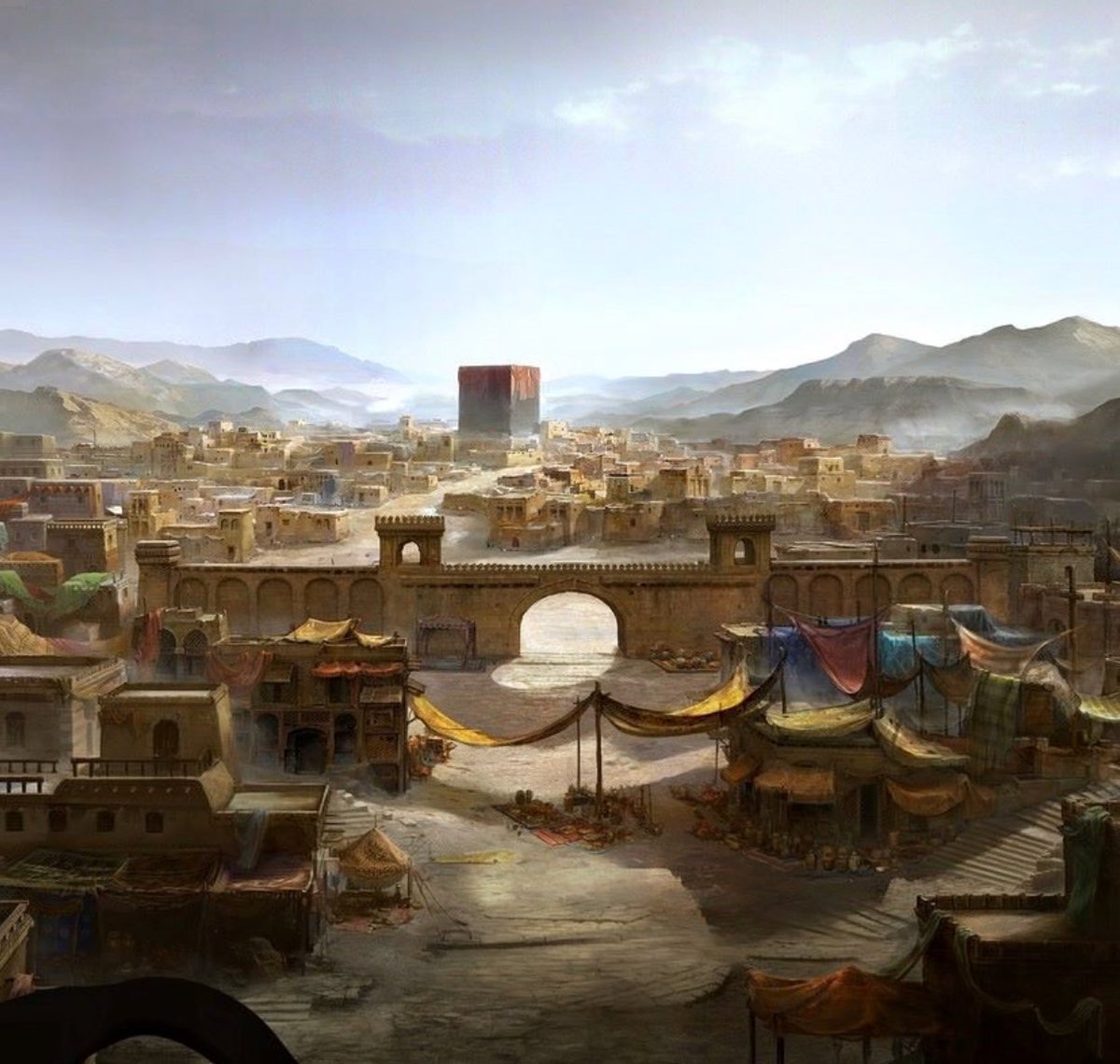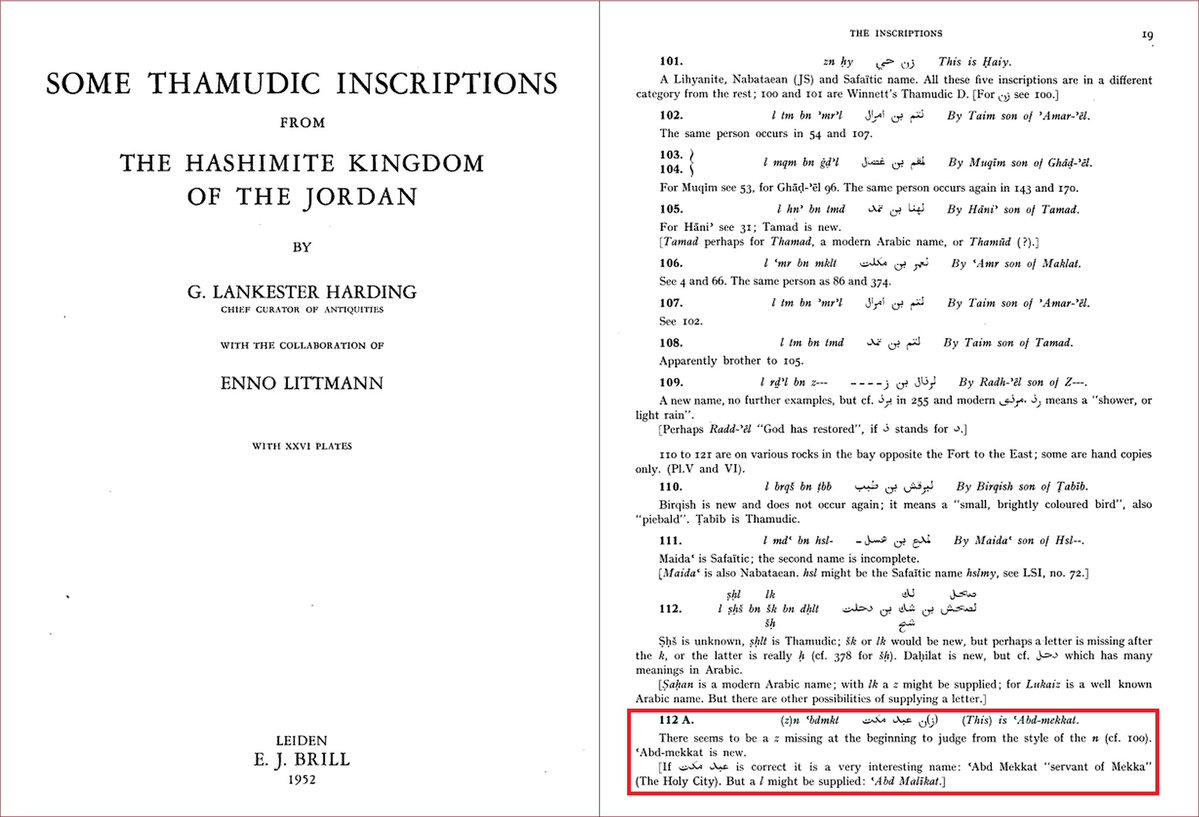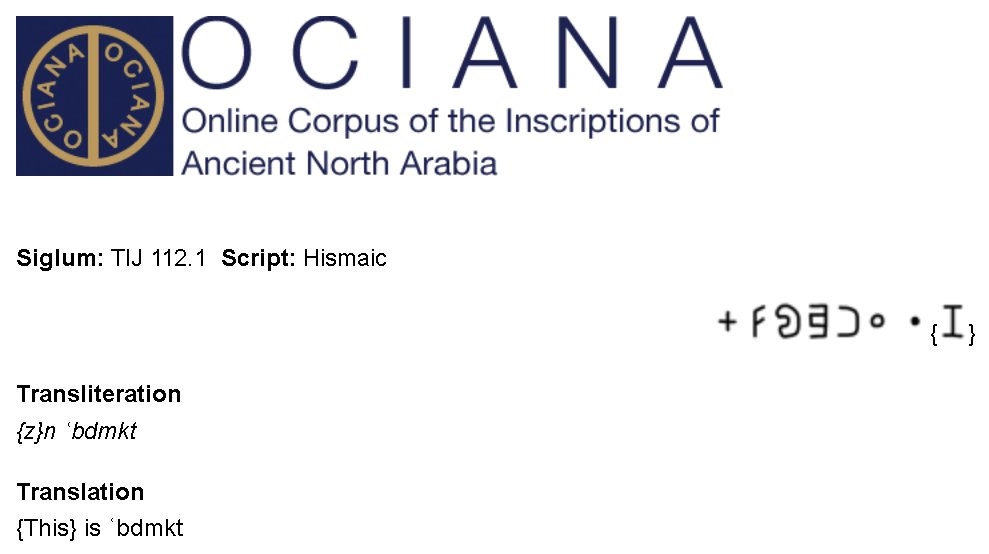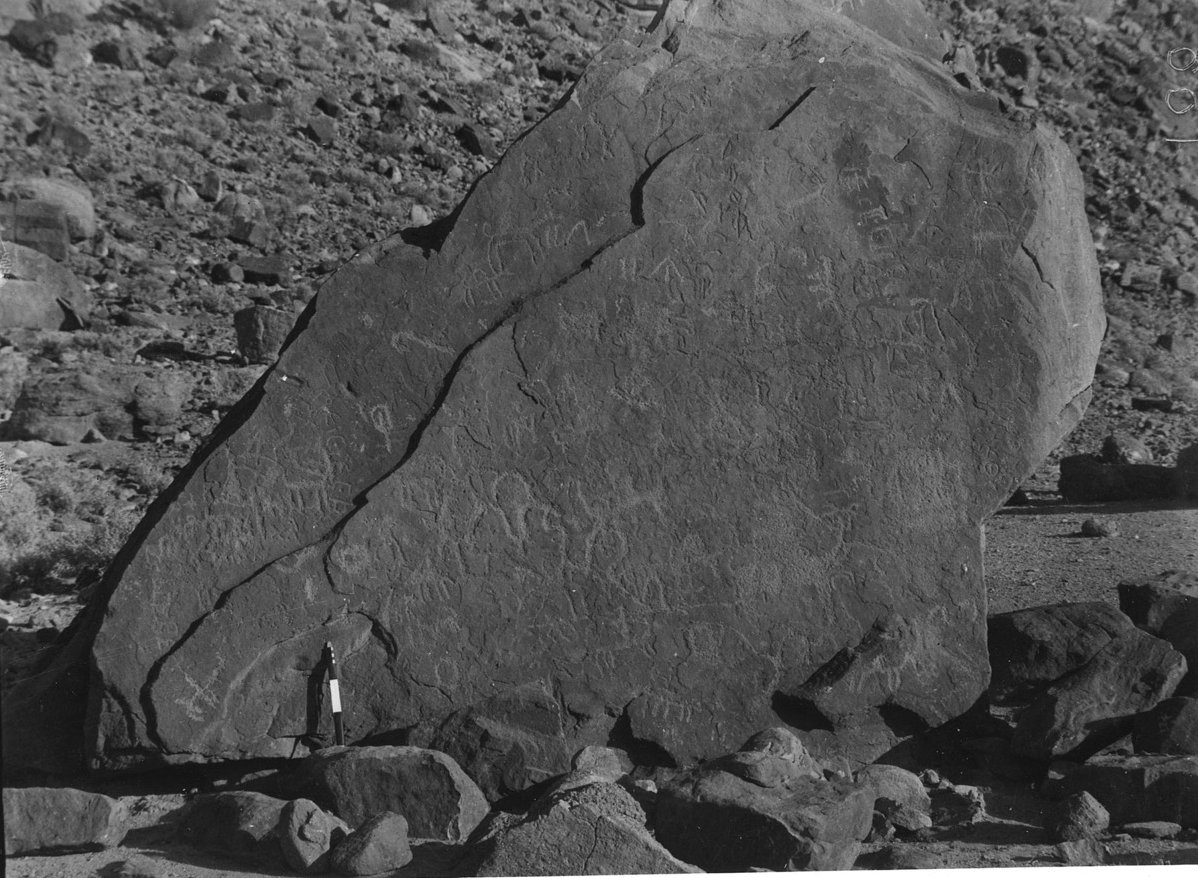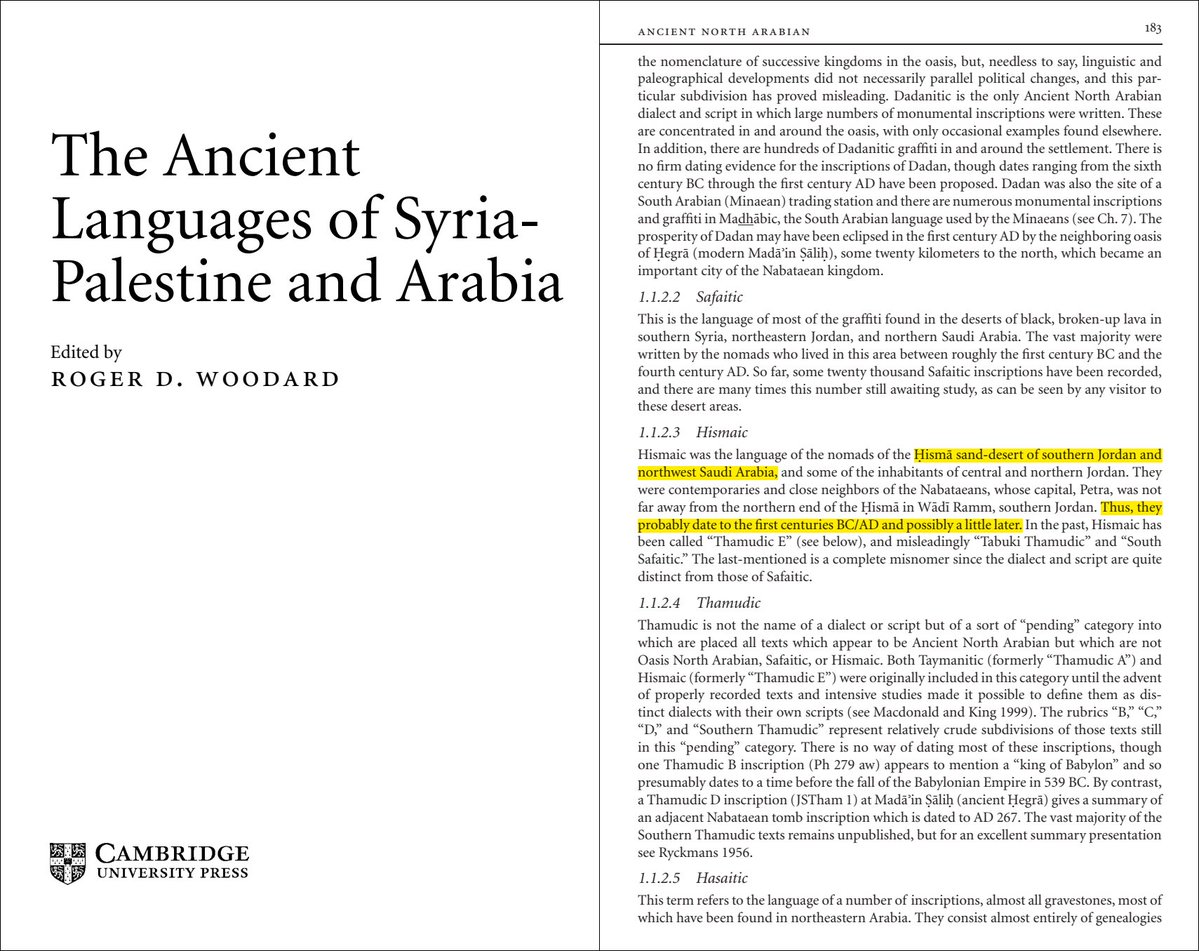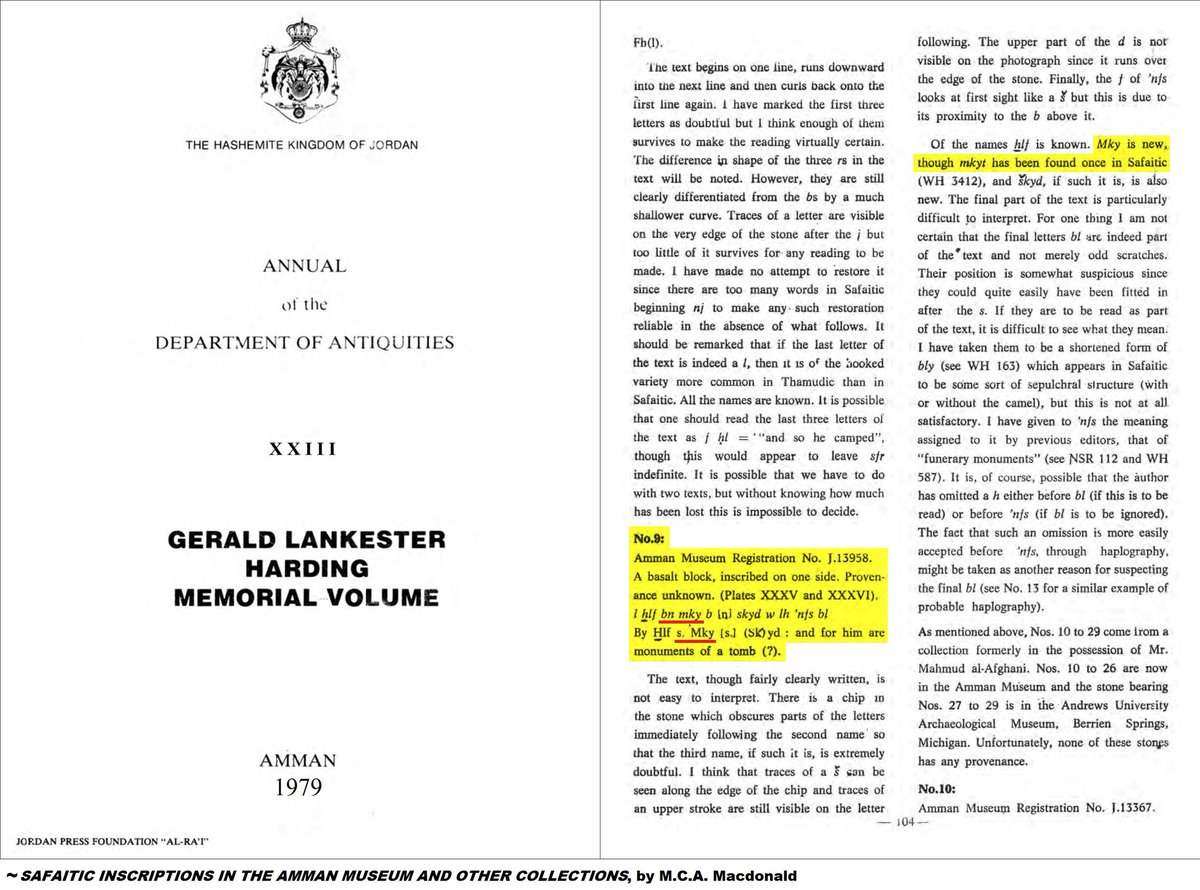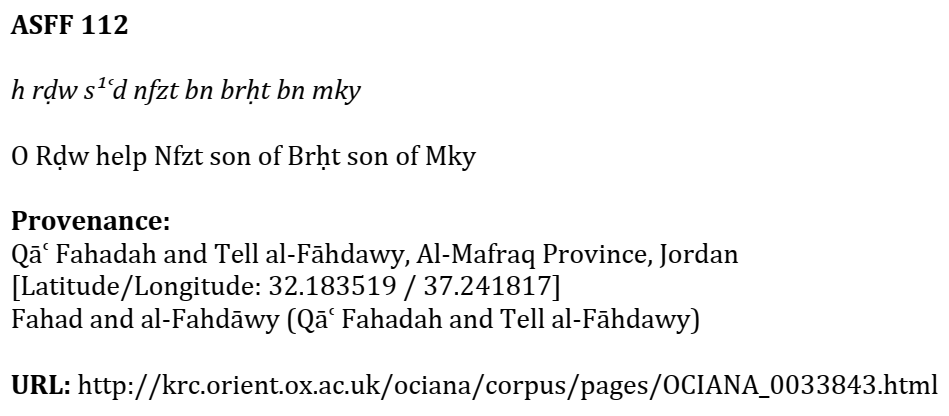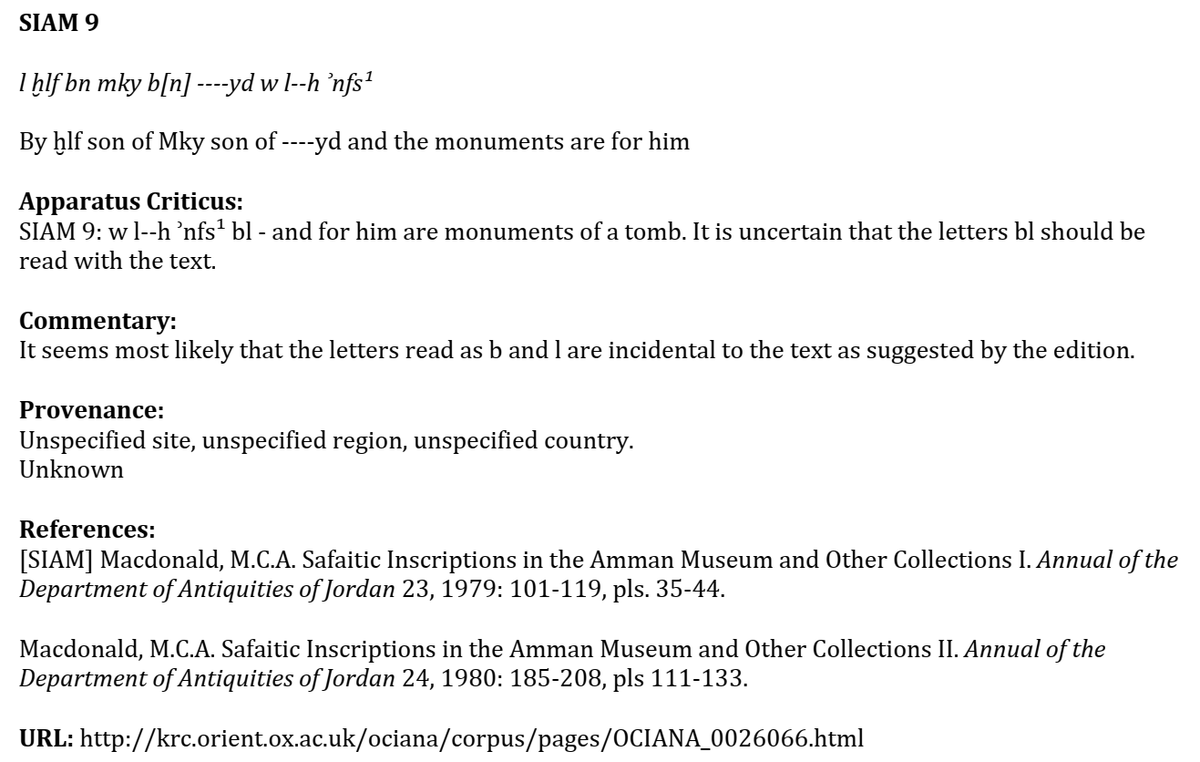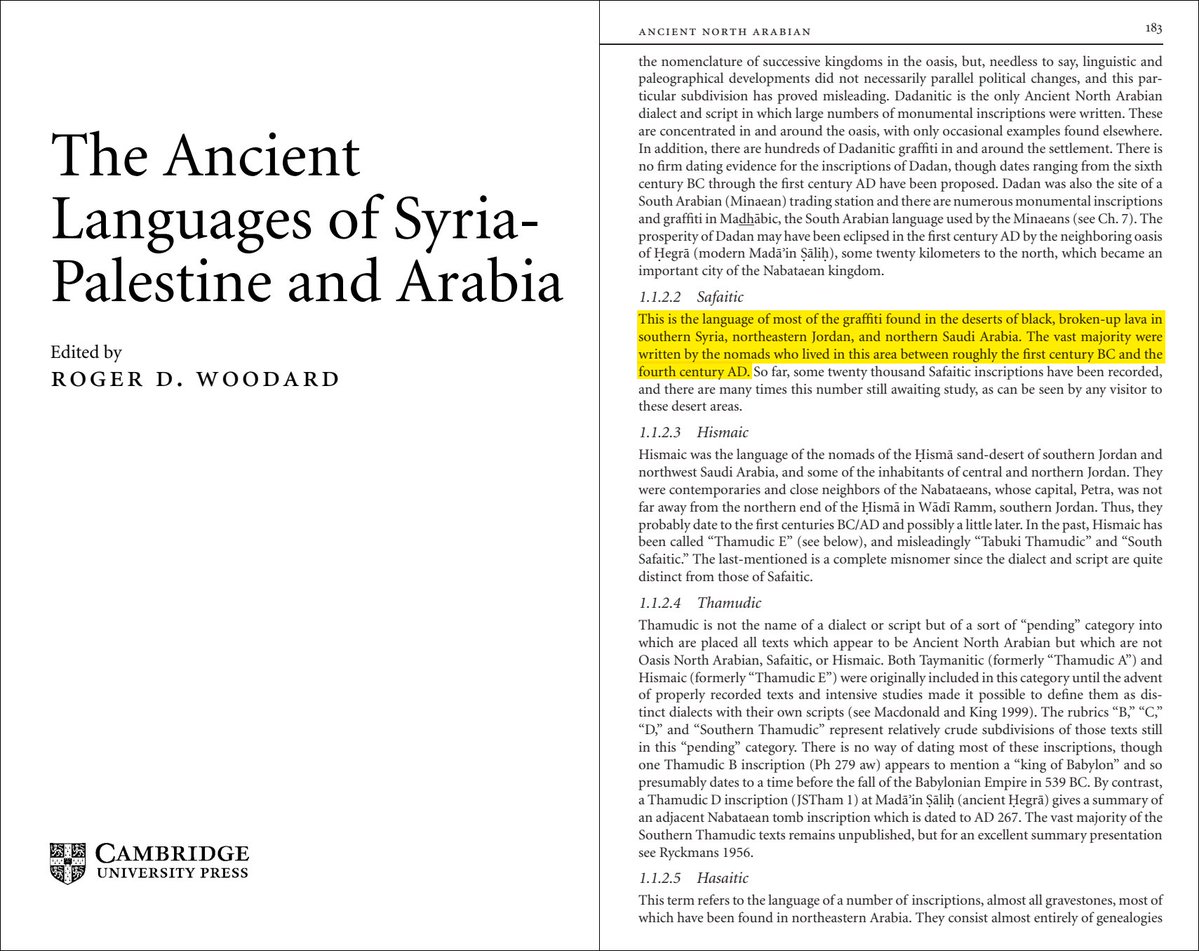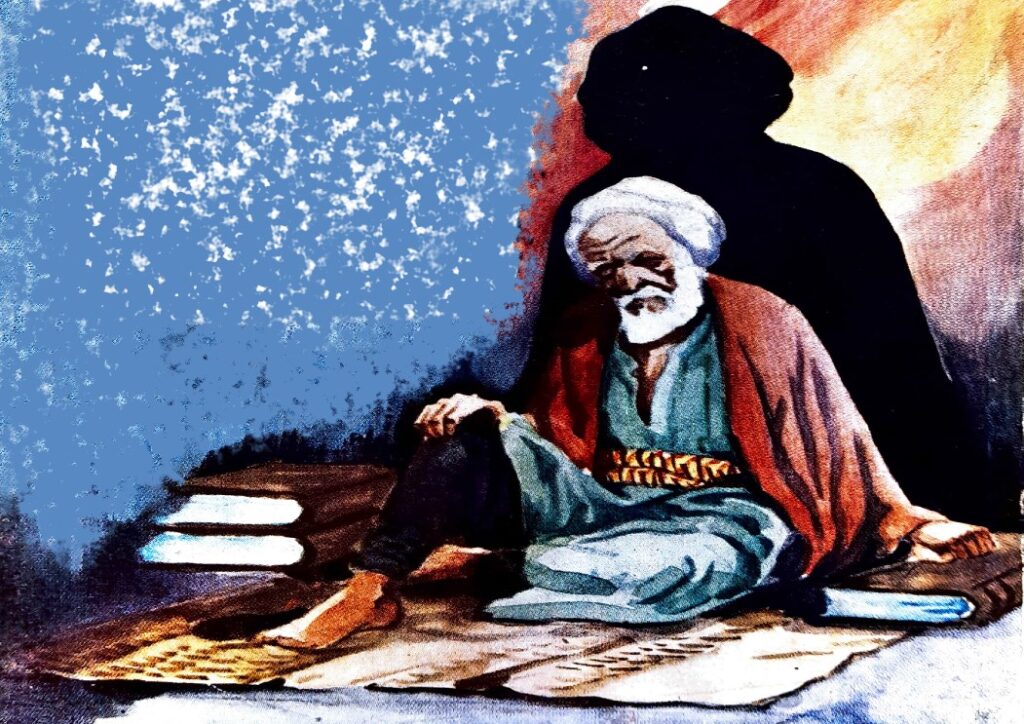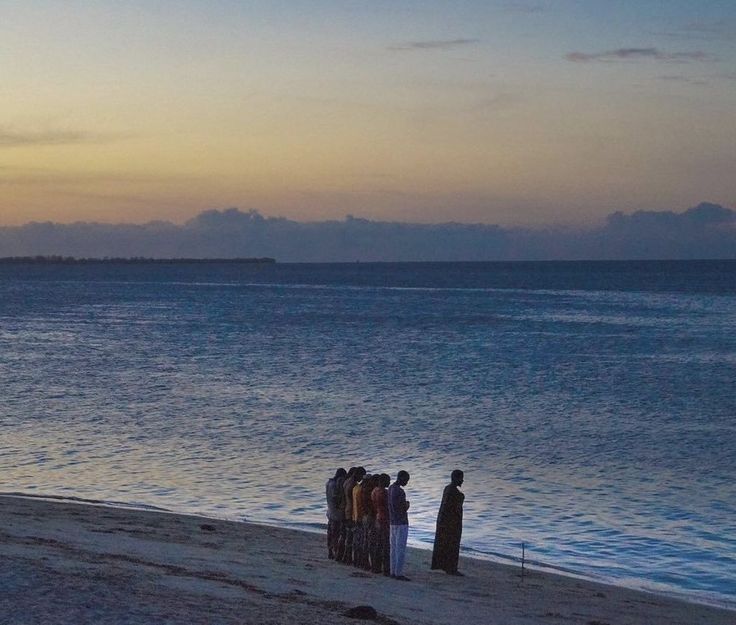𝗧𝗵𝗿𝗲𝗮𝗱 🧵 | 𝒏𝒐𝒏 𝑴𝒖𝒔𝒍𝒊𝒎 𝑺𝒄𝒉𝒐𝒍𝒂𝒓𝒔 & 𝒉𝒊𝒔𝒕𝒐𝒓𝒊𝒂𝒏𝒔 𝑷𝒓𝒂𝒊𝒔𝒊𝒏𝒈 𝒕𝒉𝒆 𝑨𝒄𝒄𝒖𝒓𝒂𝒄𝒚 𝒐𝒇 𝑰𝒔𝒍ā𝒎𝒊𝒄 𝒉𝒊𝒔𝒕𝒐𝒓𝒊𝒂𝒏𝒔 𝒂𝒏𝒅 ʿ𝒊𝒍𝒎 𝒂𝒍-𝒉𝒂𝒅𝒊𝒕𝒉 (𝒉𝒂𝒅𝒊𝒕𝒉 𝑺𝒄𝒊𝒆𝒏𝒄𝒆)
1/25
1/25
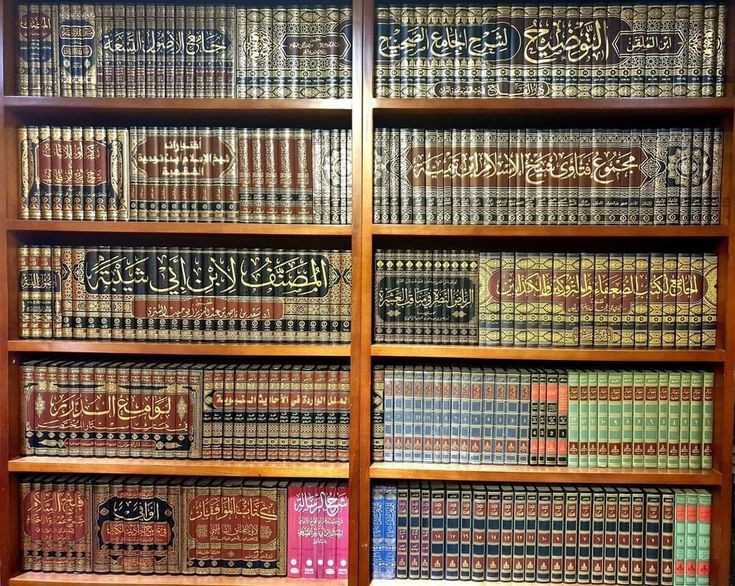
1- 𝑨𝒔𝒂𝒅 𝑹𝒖𝒔𝒕𝒖𝒎:
a distinguished Lebanese Christian historian, renowned professor of Arab history at the American University of Beirut , and one of the pioneers of historical research in the modern era.
2/25 en.wikipedia.org/wiki/Asad_Rust…


a distinguished Lebanese Christian historian, renowned professor of Arab history at the American University of Beirut , and one of the pioneers of historical research in the modern era.
2/25 en.wikipedia.org/wiki/Asad_Rust…


According to sources, he was the first to be awarded the title "Doctor of History" in the Arab world from the University of Chicago , He published more than 15 books related to the history of the Middle East.
3/25
3/25
Asad Rustum praised the science of Hadīth in his book "Mustalah al-Tarikh" and he based his book on the foundations established by Muslim scholars for preserving the Hadīth of the Prophet Muḥammad ﷺ.
4/25
4/25

He writes in page 7 of his book:
❝ the first to systematize the criticism of historical narratives and establish rules for it were Islamic religious scholars. They were compelled to take great care in dealing with the sayings and actions of the Prophet ...❞
5/25
❝ the first to systematize the criticism of historical narratives and establish rules for it were Islamic religious scholars. They were compelled to take great care in dealing with the sayings and actions of the Prophet ...❞
5/25

❝ to comprehend the Quran and administer justice. They asserted, "It is nothing but revelation revealed; what is recited from it is the Quran, and what is not recited is the Sunnah." They diligently engaged in collecting, studying, and scrutinizing the traditions..❞
6/25
6/25

❝ enriching the field of history with enduring principles that remain in both their essence and foundation to be respected in scholarly circles to this day❞
7/25
7/25

He praised the Maliki Muslim scholar Al-Qāḍī ʿIyāḍ
for his works in the filed, saying there's nothing on its level even today!
This is On page 11 of his book.
8/25 en.wikipedia.org/wiki/Qadi_Iyad

for his works in the filed, saying there's nothing on its level even today!
This is On page 11 of his book.
8/25 en.wikipedia.org/wiki/Qadi_Iyad

He also writes in page 61 of his book:
❝And with more admiration and appreciation, it is noteworthy what the scholars of hadith have achieved over the centuries in this field. Here are some excerpts from their compilations....❞
9/25
❝And with more admiration and appreciation, it is noteworthy what the scholars of hadith have achieved over the centuries in this field. Here are some excerpts from their compilations....❞
9/25

❝..... presented in Their own words , acknowledging their meticulous scholarly precision and contribution to historiography❞
10/25
10/25
2- 𝑴𝒂𝒓𝒐𝒖𝒏 𝑨𝒃𝒃𝒐𝒖𝒅:
Maroun Abboud , a well known Lebanese poet and writer :
In his book في المختبر page 174 he talked about Asad Rustum's book on the science of Hadīth and he praised it and basically agreed with his praise and views on it.
11/25 en.wikipedia.org/wiki/Maroun_Ab…


Maroun Abboud , a well known Lebanese poet and writer :
In his book في المختبر page 174 he talked about Asad Rustum's book on the science of Hadīth and he praised it and basically agreed with his praise and views on it.
11/25 en.wikipedia.org/wiki/Maroun_Ab…


3 - 𝑫𝒂𝒗𝒊𝒅 𝑺. 𝑴𝒂𝒓𝒈𝒐𝒍𝒊𝒐𝒖𝒕𝒉
David S. Margoliouth says on "𝐓𝐡𝐞 𝐒𝐮𝐩𝐞𝐫𝐢𝐨𝐫𝐢𝐭𝐲 𝐨𝐟 𝐈𝐬𝐥𝐚𝐦𝐢𝐜 𝐇𝐢𝐬𝐭𝐨𝐫𝐢𝐚𝐧𝐬 & 𝐈𝐬𝐧𝐚𝐝 𝐒𝐜𝐢𝐞𝐧𝐜𝐞 𝐈𝐧 𝐇𝐚𝐝𝐢𝐭𝐡".
reference : Lectures on Arabic Historians, page 20.
12/25 en.wikipedia.org/wiki/David_Sam…


David S. Margoliouth says on "𝐓𝐡𝐞 𝐒𝐮𝐩𝐞𝐫𝐢𝐨𝐫𝐢𝐭𝐲 𝐨𝐟 𝐈𝐬𝐥𝐚𝐦𝐢𝐜 𝐇𝐢𝐬𝐭𝐨𝐫𝐢𝐚𝐧𝐬 & 𝐈𝐬𝐧𝐚𝐝 𝐒𝐜𝐢𝐞𝐧𝐜𝐞 𝐈𝐧 𝐇𝐚𝐝𝐢𝐭𝐡".
reference : Lectures on Arabic Historians, page 20.
12/25 en.wikipedia.org/wiki/David_Sam…


4- 𝑩𝒆𝒓𝒏𝒂𝒓𝒅 𝑳𝒆𝒘𝒊𝒔
Jewish Historian, Bernard Lewis on the critical consciousness of Sunni Muslim Historians and Hadith scholars, and the superiority of Traditional Sunni Hadith science.
Reference: Islam in history page 105.
13/25 en.wikipedia.org/wiki/Bernard_L…

Jewish Historian, Bernard Lewis on the critical consciousness of Sunni Muslim Historians and Hadith scholars, and the superiority of Traditional Sunni Hadith science.
Reference: Islam in history page 105.
13/25 en.wikipedia.org/wiki/Bernard_L…
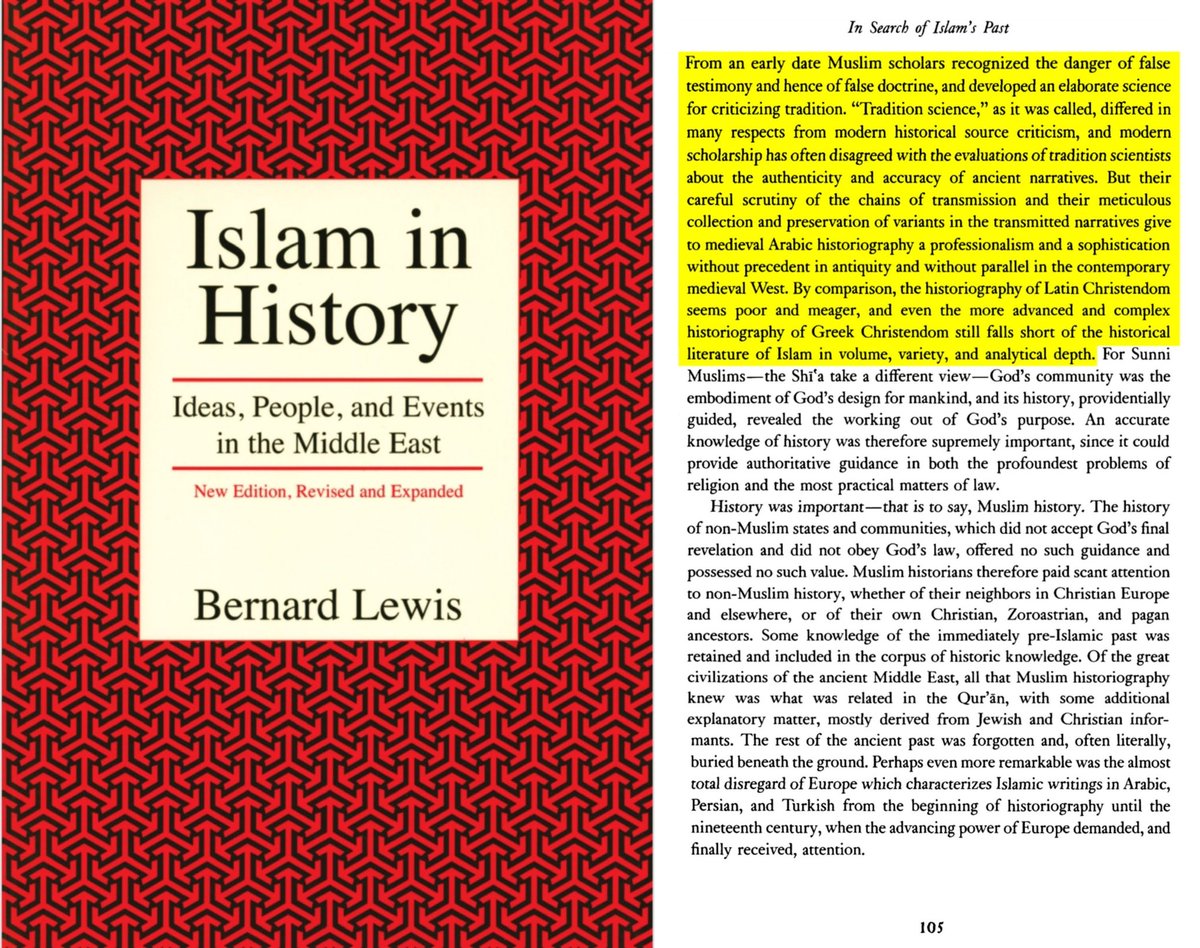
5- 𝑱𝒐𝒉𝒏 𝑫𝒂𝒗𝒆𝒏𝒑𝒐𝒓𝒕
❝It may be truly affirmed that of all known legislators and conquerors, not one can be named, the history of whose life has been written with greater authenticity and fuller detail, than that of Mohammed❞
14/25 en.wikipedia.org/wiki/John_Dave…


❝It may be truly affirmed that of all known legislators and conquerors, not one can be named, the history of whose life has been written with greater authenticity and fuller detail, than that of Mohammed❞
14/25 en.wikipedia.org/wiki/John_Dave…


6- 𝑩𝒐𝒔𝒘𝒐𝒓𝒕𝒉 𝑺𝒎𝒊𝒕𝒉
He writes on how in Islām we have History and how what's historical can be easily distinguished from what's not and that we know about the prophet Muḥammadﷺ just as we know about famous figures like Luther and Milton
15/25 en.wikipedia.org/wiki/Reginald_…


He writes on how in Islām we have History and how what's historical can be easily distinguished from what's not and that we know about the prophet Muḥammadﷺ just as we know about famous figures like Luther and Milton
15/25 en.wikipedia.org/wiki/Reginald_…


7- 𝑪𝒂𝒓𝒍 𝑩𝒓𝒐𝒄𝒌𝒆𝒍𝒎𝒂𝒏𝒏
In his book "history of the Islamic peoples" page 66 (in my arabic translation of the book) he says the Muslims narrated the actions and sayings of the prophet ﷺ with accuracy and in details.
16/25 en.wikipedia.org/wiki/Carl_Broc…


In his book "history of the Islamic peoples" page 66 (in my arabic translation of the book) he says the Muslims narrated the actions and sayings of the prophet ﷺ with accuracy and in details.
16/25 en.wikipedia.org/wiki/Carl_Broc…


8- 𝑮𝒆𝒐𝒓𝒈𝒆 𝒁𝒊𝒅𝒂𝒏
In his book تاريخ التمدن الإسلامي volume 3 under the heading النسابون العرب he praised the accuracy, scrutiny ,and strong memorization of Muslims in regards to their religious narrations
17/25 hindawi.org/contributors/4…
ar.wikipedia.org/wiki/%D8%AC%D8…



In his book تاريخ التمدن الإسلامي volume 3 under the heading النسابون العرب he praised the accuracy, scrutiny ,and strong memorization of Muslims in regards to their religious narrations
17/25 hindawi.org/contributors/4…
ar.wikipedia.org/wiki/%D8%AC%D8…



9- 𝒋𝒂𝒄𝒒𝒖𝒆𝒔 𝒓𝒊𝒔𝒍𝒆𝒓
In his book "La civilisation arabe" [the Arab civilization] page 39 [in my arabic translation because i don't know French (: ] he (the professor) talks about how the Ahadīth of the prophet ﷺ went through much scrutiny to ensure accuracy.
18/25


In his book "La civilisation arabe" [the Arab civilization] page 39 [in my arabic translation because i don't know French (: ] he (the professor) talks about how the Ahadīth of the prophet ﷺ went through much scrutiny to ensure accuracy.
18/25

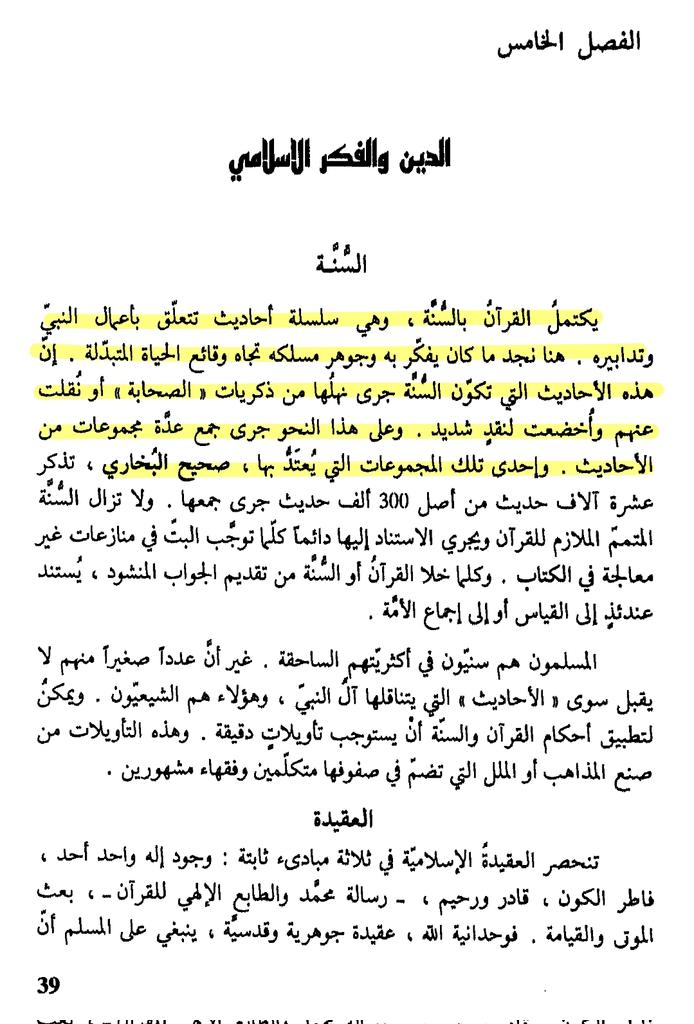
10- 𝑨.𝑱 𝑨𝒓𝒃𝒆𝒓𝒓𝒚
A.J arberry writes:
❝we have good reason to accept, the sayings of Muḥammad ﷺ recorded in the books of Traditions as substantially authentic❞
the Holy Koran : an introduction with selections by A.J Arberry pages 31, 32
19/25 en.wikipedia.org/wiki/Arthur_Jo…


A.J arberry writes:
❝we have good reason to accept, the sayings of Muḥammad ﷺ recorded in the books of Traditions as substantially authentic❞
the Holy Koran : an introduction with selections by A.J Arberry pages 31, 32
19/25 en.wikipedia.org/wiki/Arthur_Jo…


12- 𝑨𝒍𝒐𝒚𝒔 𝑺𝒑𝒓𝒆𝒏𝒈𝒆𝒓
Also See:
21/25 en.wikipedia.org/wiki/Aloys_Spr…


Also See:
21/25 en.wikipedia.org/wiki/Aloys_Spr…
https://twitter.com/Farid_0v/status/1642883646808834055?t=Ue8hiG8EK_c3oJx7DpqD_Q&s=19


15- 𝑱𝒐𝒉𝒂𝒏𝒏 𝑭ü𝒄𝒌
German Orientalist Johann Fück (d. 1974) in defense of the isnad in hadith.
See:
24/25
German Orientalist Johann Fück (d. 1974) in defense of the isnad in hadith.
See:
24/25
https://twitter.com/Farid_0v/status/1664929353455550464?t=OG-97PI9tU-y0pCtqYpjNA&s=19
Check this short thread out as well:
I think that's enough for now , All praise be to Allāh ﷻ, and peace and blessings upon our beloved prophet Muḥammad ﷺ
و السلام عليكم.
25/25

I think that's enough for now , All praise be to Allāh ﷻ, and peace and blessings upon our beloved prophet Muḥammad ﷺ
و السلام عليكم.
25/25
https://twitter.com/safwanSpiker7/status/1739321630843900069?t=wKvgZ0nkCOIzE75DCXAxlg&s=19

• • •
Missing some Tweet in this thread? You can try to
force a refresh

